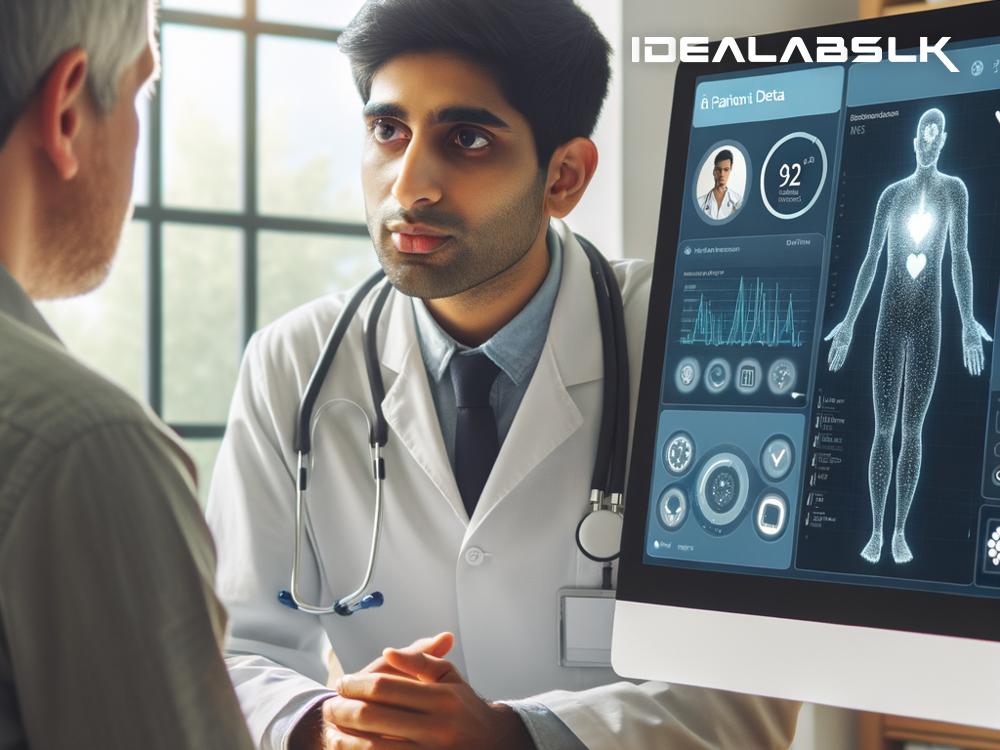How Telemedicine and AI Are Transforming Healthcare Into a Speedy, Super-Smart Service
In recent years, you might have noticed how going to the doctor isn't the same as it used to be. Gone are the days when you had no choice but to drag yourself out of the house, sick and weary, just to sit in a waiting room for hours. Now, a good chunk of healthcare magic happens right from our smartphones or computers. This transformation is largely thanks to two groundbreaking players: telemedicine and artificial intelligence (AI). Together, they're not just changing the game; they're creating an entirely new field where healthcare is more accessible, personalized, and, yes, efficient.
Telemedicine: Your Doctor, Now in Digital Form
Telemedicine lets you meet with your doctor via video call, chat, or even through a phone call, eliminating the need to travel. It's like having a doctor in your pocket, ready to assist at the touch of a button. This setup has been particularly life-changing for people living in remote areas or those with mobility issues. Instead of an entire day dedicated to a doctor's visit, it's now a matter of minutes.
Moreover, telemedicine goes beyond consultations. It includes services like remote monitoring for patients with chronic conditions, meaning doctors can keep an eye on their patients' health without needing them on-site. This not only saves time but can also catch potential health issues before they escalate.
AI: The Smart Assistant in the Room
Now, let's bring AI into the mix. Artificial intelligence in healthcare might sound like science fiction, but it's very much a reality. AI can analyze vast amounts of medical data at speeds and accuracies that humans can't match. This capability is proving to be a game-changer in diagnosing diseases, predicting outcomes, and even suggesting treatments.
But AI's role doesn't stop at analysis. It's also used in chatbots that can triage patient symptoms before they even speak with a doctor, ensuring that urgent cases are prioritized. Behind the scenes, AI helps in managing and predicting patient flows in hospitals, making sure that resources are allocated efficiently – a critical aspect, especially during health crises like the COVID-19 pandemic.
The Dynamic Duo: When Telemedicine Meets AI
When telemedicine and AI join forces, they create a healthcare experience that's not just faster, but smarter. AI enhances telemedicine's capabilities by providing doctors with real-time insights during virtual consultations. For example, while a dermatologist is examining a skin image sent by a patient, AI can offer an immediate preliminary analysis, helping the doctor make a more informed decision quicker.
Furthermore, AI-enabled chatbots can guide patients through instructions for managing minor health issues or preparing for procedures, freeing up healthcare professionals to focus on more complex cases. This synergy not only boosts the efficiency of healthcare services but also improves patient outcomes by ensuring timely medical intervention.
The Future Is Now
The adoption of telemedicine and AI in healthcare is not without challenges. There are concerns regarding data security, the digital divide between different population groups, and the need for robust AI regulation to prevent biases. Despite these hurdles, the potential benefits for both patients and healthcare systems are undeniable.
Imagine a future where routine check-ups, follow-ups, and minor consultations are predominantly handled via telemedicine, supplemented by AI-driven insights. Hospitals and clinics could then focus more on emergency care and complex procedures, significantly reducing wait times and improving the quality of care for everyone.
In countries where this integration is being actively pursued, the results are promising. Reduced hospital readmissions, lower healthcare costs, and higher patient satisfaction scores are just some of the wins being reported.
Wrapping Up
The healthcare system has long been criticized for being slow, impersonal, and inefficient. However, with telemedicine and AI, we're witnessing a revolutionary shift towards a more accessible, personalized, and efficient model. This evolution is not merely about integrating technology into healthcare; it's about reimagining how we provide and receive medical care.
As we continue to navigate this transformation, one thing is clear: the future of healthcare is digital, and it's a future that promises better health outcomes for all. So, the next time you find yourself reaching for your phone to schedule a virtual doctor's visit, know that you're partaking in a healthcare revolution, one digital consultation at a time.

